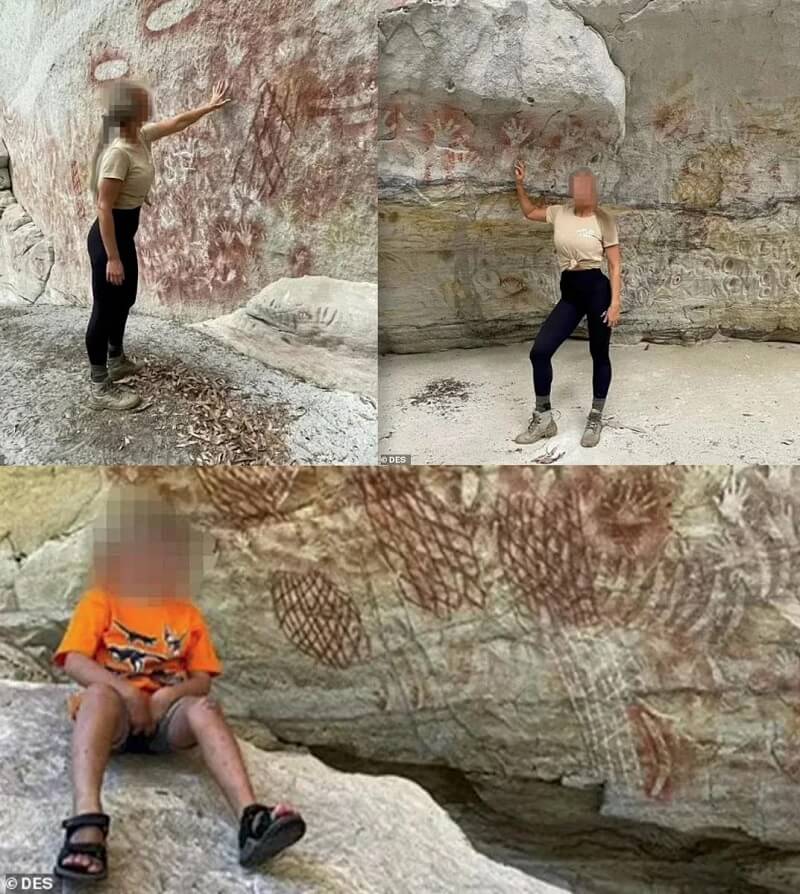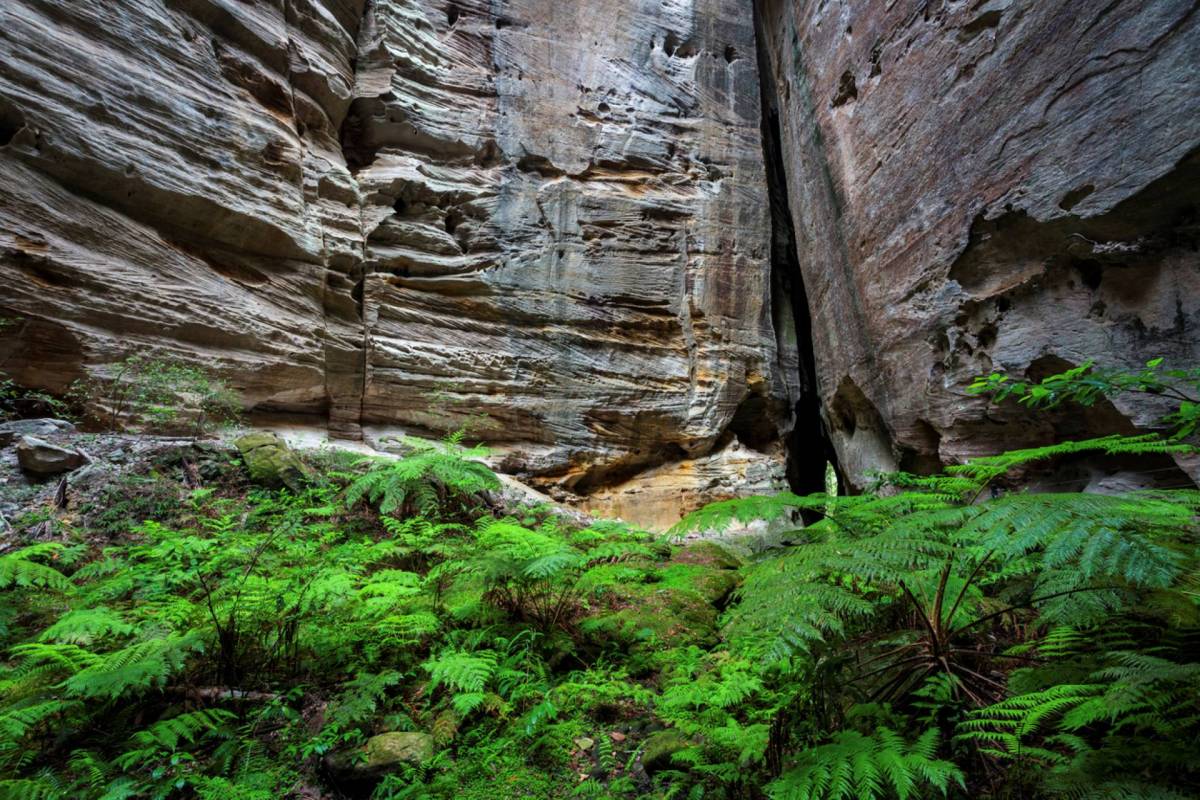They say that a picture is worth a thousand words, but for some tourists in Australia, a picture cost them over $400.
Several tourists visiting Carnarvon National Park in Queensland, Australia, were hit with fines after leaving the boardwalks to enter protected areas containing ancient Indigenous rock art. Many of the tourists even touched the art, risking both physical damage and committing a highly offensive act — and it happened six times in one year.
Kristine Sloman, a Bidjara Indigenous leader in Queensland, explained that "'getting off the boardwalks and walking around is of the utmost disrespect and is comparable to attending someone's funeral and walking on their coffin."

"Some visitors to Carnarvon National Park think the rules don't apply to them," said the park's senior ranger, Luke Male.
This kind of disrespectful behavior by tourists — often nicknamed tourons, a combination of tourist and moron — is frustratingly common. Tourons are known for behaving recklessly and endangering themselves and others, whether they're stopping traffic to take a photo with wildlife, littering, or even unabashedly driving over rare plants.
Unsurprisingly, tourons generally end up harming the very place they're visiting, which is why places like Carnarvon are fighting back.
"The Queensland Parks and Wildlife Service makes no apology for taking compliance action against people who break the rules because they believe they are influencers," Ranger Male said.
He continued, "The ochre stencil art of the region is unique, diverse, highly complex and spectacular, and the rock art is embedded within sandstone that is incredibly fragile … touching them can damage cultural artefacts that are thousands of years old."
It may seem like placing a hand on top of artwork isn't a big deal. However, the cumulative damage from wear, sunscreen, sweat, and hand sanitizer can accumulate quickly.Other tourons have even gone so far as to carve their names into fragile landscapes or spraypaint them.
"Many people around the world have chosen to close their sacred sites due to destructive impacts," said Sloman, "and it would be a great shame to resort to this type of action."
"Let's appreciate, learn, nurture, and respect each other's cultures and ensure no more of our sacred places are damaged or closed to the public."
Join our free newsletter for cool news and cool tips that make it easy to help yourself while helping the planet.









